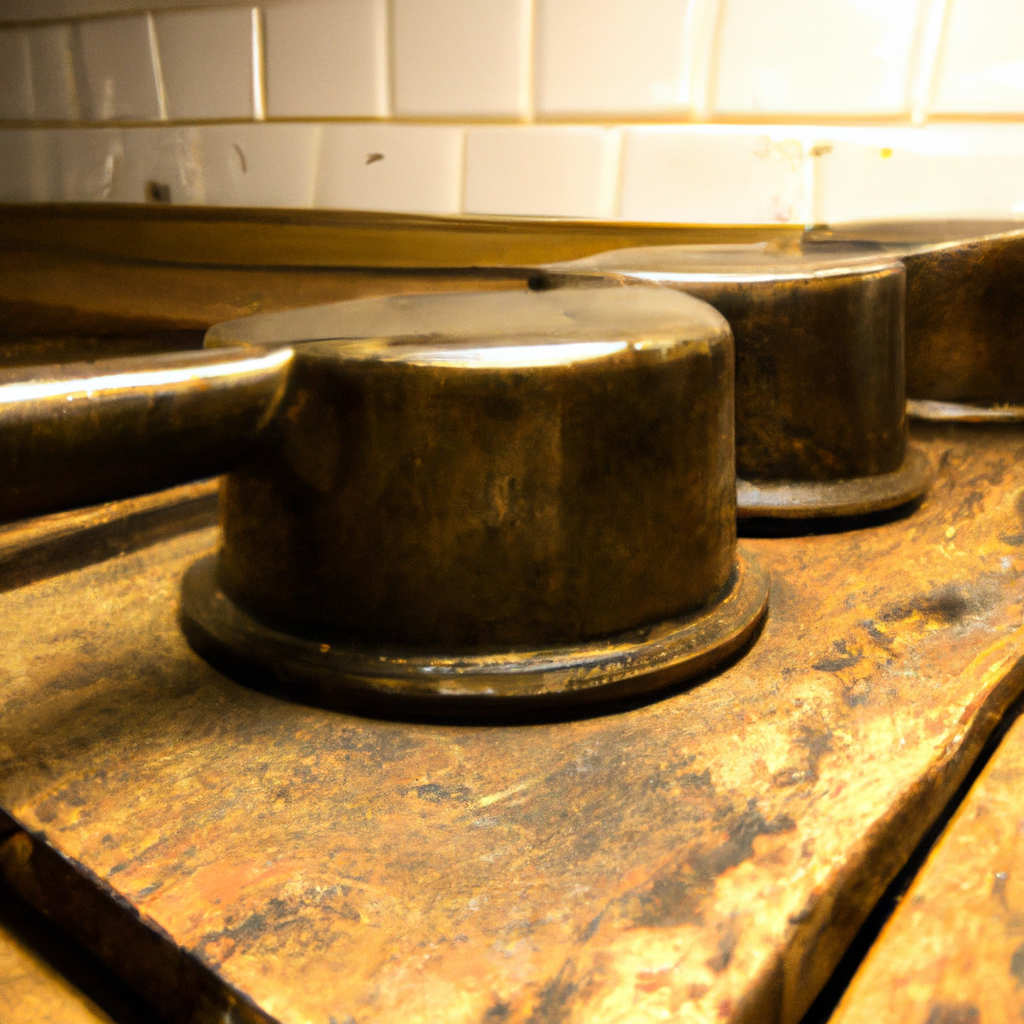The Ultimate Guide to Cast Iron Oil: How to Care for Your Cast Iron Cookware
The Ultimate Guide to Cast Iron Oil: How to Care for Your Cast Iron Cookware
Are you a food lover who appreciates the beauty and durability of cast iron cookware? If so, then you know that proper care and maintenance are essential to keep your cast iron pans and skillets in top condition. One of the key elements of cast iron care is using the right oil to season and protect your cookware. In this ultimate guide, we will explore everything you need to know about cast iron oil, from its benefits to how to use it effectively.
What is Cast Iron Oil?
Cast iron oil, also known as seasoning oil or cast iron conditioner, is a type of oil specifically formulated for use on cast iron cookware. It is designed to create a protective layer on the surface of the cookware, preventing rust and enhancing its non-stick properties. Cast iron oil is typically made from a combination of natural oils, such as vegetable oil or flaxseed oil, and can also contain other ingredients like beeswax or palm oil.
The Benefits of Using Cast Iron Oil
Using cast iron oil on your cookware offers a range of benefits:
- Prevents Rust: Cast iron is prone to rusting if not properly cared for. Cast iron oil creates a barrier that protects the cookware from moisture and oxidation, preventing rust from forming.
- Enhances Non-Stick Properties: When properly seasoned with cast iron oil, your cookware becomes naturally non-stick. This makes it easier to cook with and clean, as food is less likely to stick to the surface.
- Improves Flavor: Cast iron oil can enhance the flavor of your dishes. As the oil is heated and absorbed into the cookware, it imparts a subtle flavor that can enhance the taste of your food.
- Increases Lifespan: Regularly seasoning your cast iron cookware with oil helps to maintain its quality and extend its lifespan. With proper care, your cast iron pans can last for generations.
How to Use Cast Iron Oil
Now that you understand the benefits of using cast iron oil, let's dive into how to use it effectively:
- Clean Your Cookware: Before applying cast iron oil, make sure your cookware is clean and free from any food residue. Use a stiff brush or non-abrasive sponge to remove any stuck-on food, and rinse with warm water.
- Dry Thoroughly: After cleaning, thoroughly dry your cookware to remove any moisture. You can either air dry it or use a towel to pat it dry.
- Apply a Thin Layer of Oil: Using a clean cloth or paper towel, apply a thin layer of cast iron oil to the entire surface of your cookware, including the handle. Make sure to cover all areas evenly.
- Heat Your Cookware: Place your oiled cookware on the stove over medium heat. Allow it to heat for a few minutes, until the oil starts to smoke slightly. This helps to bond the oil to the surface of the cookware.
- Let it Cool: Once heated, remove the cookware from the heat and let it cool completely. The oil will continue to absorb into the surface as it cools.
- Repeat the Process: For optimal results, repeat the seasoning process two to three times, allowing the cookware to cool completely between each application.
Choosing the Right Cast Iron Oil
When selecting cast iron oil, it's important to choose a high-quality oil that is specifically designed for cast iron cookware. Look for oils that are free from additives and chemicals, as these can affect the quality of the seasoning. Some popular options include:
- Vegetable Oil: Vegetable oil is a common choice for seasoning cast iron. It is readily available and affordable, making it a popular option for many home cooks.
- Flaxseed Oil: Flaxseed oil is another popular choice for cast iron seasoning. It has a high smoke point and creates a durable seasoning layer on the cookware.
- Grapeseed Oil: Grapeseed oil is known for its high smoke point and neutral flavor. It is a good option for those who prefer a more neutral seasoning.
Conclusion
Cast iron cookware is a beloved kitchen staple, known for its durability and even heat distribution. By properly caring for your cast iron pans and skillets, you can ensure that they last for generations. Using cast iron oil to season and protect your cookware is an essential part of this care routine. By following the steps outlined in this guide, you can enjoy the benefits of well-seasoned cast iron cookware for years to come.
 Oct06.chat.1pass.food and nature lover.cast iron oil
Oct06.chat.1pass.food and nature lover.cast iron oil

